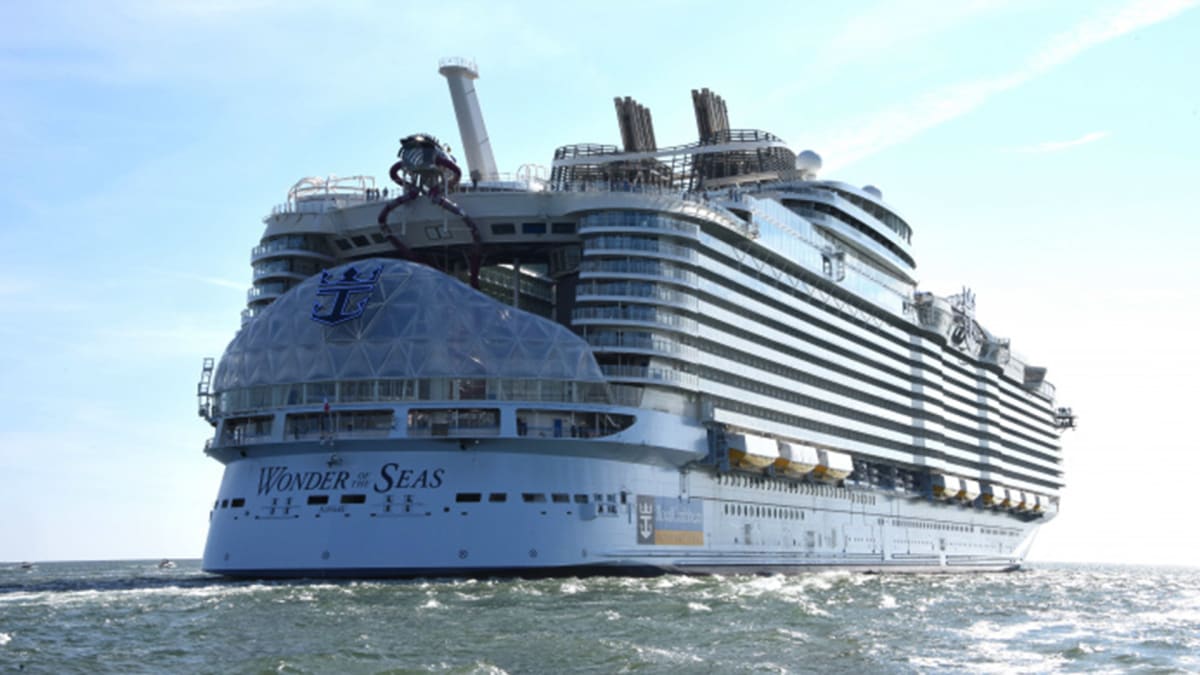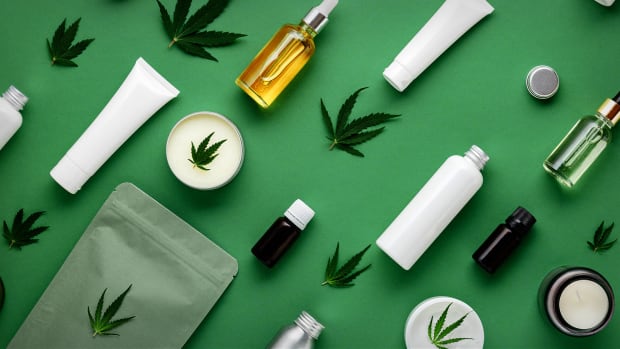
Cruise lines operate in a unique legal state. The major cruise lines flag their ships outside the United States -- generally in the Bahamas -- which allows them to ignore many U.S. laws.
Royal Caribbean (RCL), Carnival Cruise Line, MSC, Virgin Voyages, Norwegian Cruise Line, and even Walt Disney's (DIS) cruise line, for example, don't pay the federal minimum wage. They also don't specifically abide by any other U.S. labor laws.
DON'T MISS: Most Carnival and Royal Caribbean Customers Face New Fees
Technically, cruise ships don't have to follow U.S. law except when they actually are docked at American ports. Crew members, for example, have to obey U.S. law when they leave their ship and they need to abide by all immigration rules.
In addition, cruises sailing from American ports abide by the U.S. drinking age of 21. That does not change when the ship docks in a port where the legal drinking is lower. Both Royal Caribbean and Carnival Cruise Line (CCL) do allow passengers to gamble in their casinos once they turn 18.
That veers from the rules in most US states, where you have to be 21 to gamble, but there's actually no US federal law when it comes to the age you need to be to gamble. When it comes to many other ship issues, however, the cruise lines abide by U.S. federal law which has caused some confusion among passengers when it comes to substances that are legal in their state, but not on a federal level.
Every cruise line sailing from the US bans cannabis onboard their ships because it's illegal on a federal level even though it's legal in some states. The cruise industry also has a unified stance on a substance that the federal government has been much less clear about.

Image source: Getty Images
Cruise Lines Have a Clear CBD Policy
While federal law has been clear on cannabis, laws regarding CBD have been confusing on both a federal and state level. It's not exactly legal, but it's also not technically illegal. Nobody goes to jail for having CBD and stores openly sell it, but it sort of exists in a legal gray area.
That's at least true in the US, but some countries consider CBD illegal in the same way the US federally regulates cannabis. Because of that -- and the lack of clarity from US law -- all major cruise lines forbid the possession of CBD on their ships.
Royal Caribbean simply lists "CBD Oil / CBD Products" on its banned items page, while Carnival offers more specific language:
"While certain CBD products used for medicinal purposes may be legal in the US, they are not legal in all the ports we visit and therefore are also considered prohibited items. Guests will need to consult with their physician for other suitable alternatives," the cruise line posted on its website.
Norwegian shares similar language on its website"
"All illegal narcotics/drugs. (Including Marijuana prescribed for medical purposes and other items used as drug paraphernalia. This includes all products containing CBD, oils, candies, and gummies or any product containing THC."
What Happens If You Bring CBD Onboard?
At the very least, if a cruise line catches a passenger with CBD it will be confiscated. Carnival has recently been using drug-sniffing dogs on its ships to sniff out cannabis as it's being brought onboard and on the ships while they sail. The cruise line has not shared whether those dogs are sniffing for CBD as well.
It does not appear that any cruise line is kicking passengers off for trying to bring CBD onboard, but if they find it, they will take it and no compensation will be offered.
In addition, some ports have strict rules regarding CBD. If a passenger breaks one of those rules and gets caught, they can be detained and may end up missing their ship. When that happens, the cruise lines have no responsibility to the passenger who must make their own way home.







